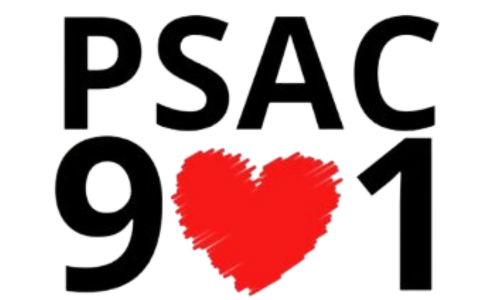Intellectual Property
Intellectual Property (IP) refers to creations like inventions, writings, discoveries, and more, resulting from intellectual or artistic activities and are protected by Canadian law(s). It includes works, patents, trademarks, industrial designs, trade secrets, and confidential information.
Intellectual Property Rights (IP Rights) cover various rights related to IP, such as copyrights, patent rights, trademark rights, and others applicable in any country.
The employer will not claim ownership of any IP that employees created or owned before joining the employer.
In an academic research setting, teamwork and collaboration are common, and the rights of all creators or inventors must be respected, as agreed upon beforehand.
The employer has a right to use, without paying royalties, any Intellectual Property created by an employee for educational or research purposes related to their research activities.
If commercializing Intellectual Property is planned, ownership rights will be established in writing among the Faculty Supervisor, employee, and any other collaborators or sponsors. Ownership will consider each party’s contributions and obligations to the employer or others. The share of net proceeds will be proportional to contributions, unless agreed otherwise. Employees can convene meetings with the Faculty Supervisor and other contributors, with Union Representation, to discuss ownership and commercialization agreements.
In case of disputes related to this Article, they will be first addressed with the Vice-Principal (Research) or a designated delegate for possible resolution. If unresolved, the grievance and arbitration procedures in Articles 19 and 20 of Unit 2 Collective Agreement may be applied.
